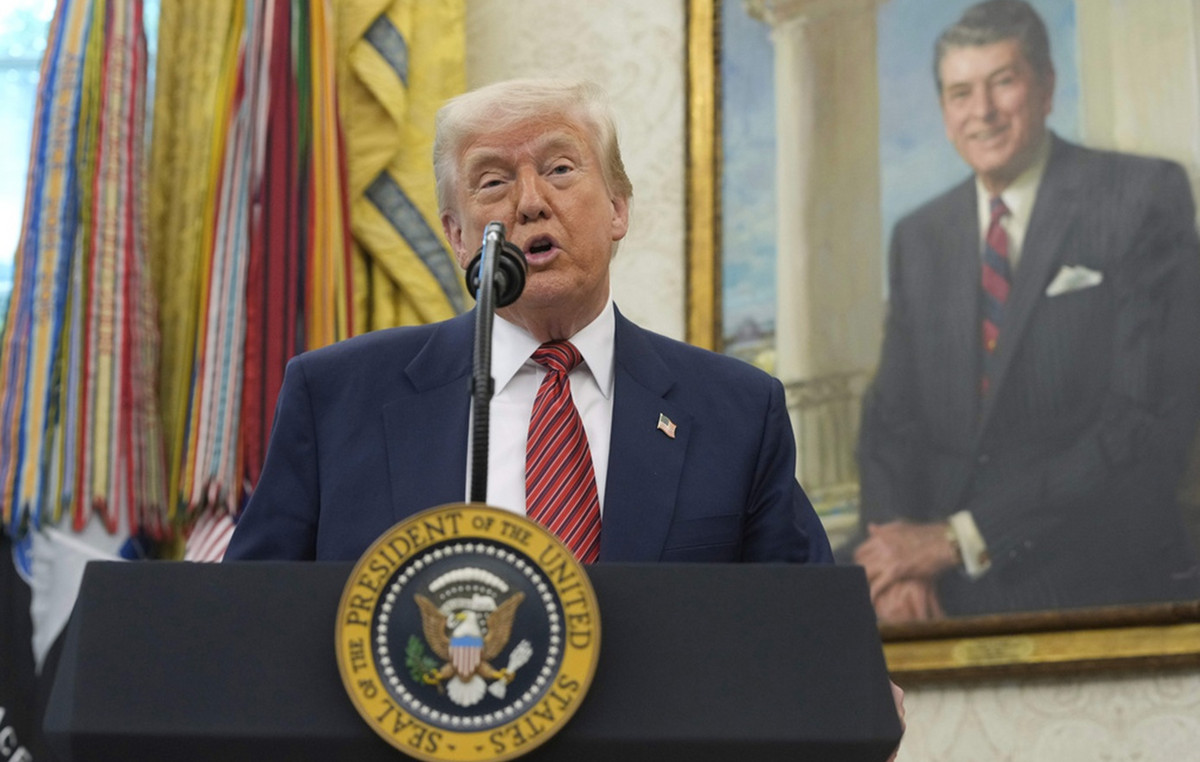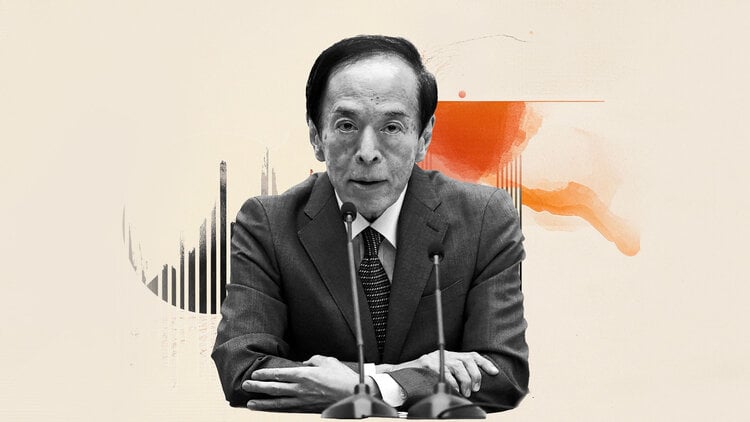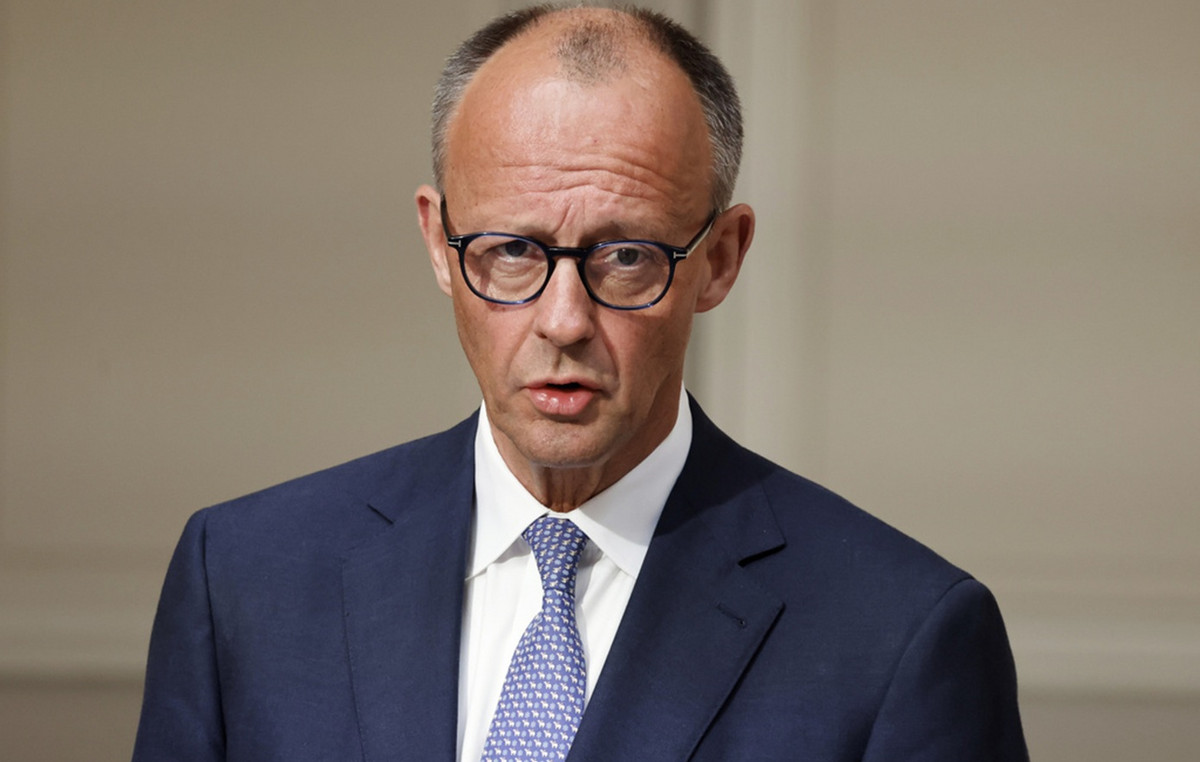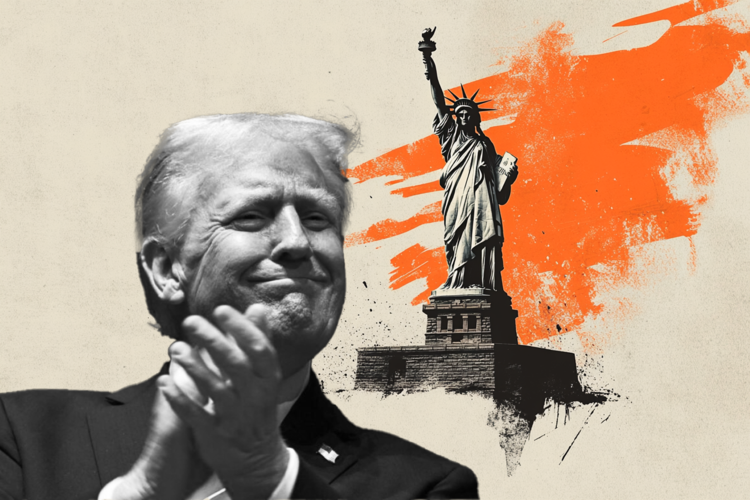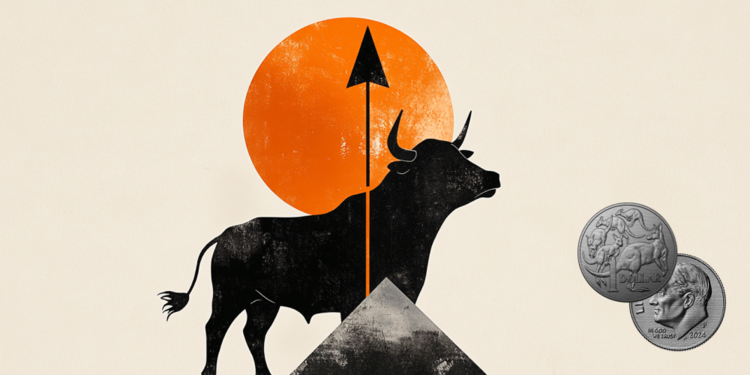When the cardinals enter the Sistine Chapel on Wednesday (7), at the beginning of the conclave, the process of election of a new pontiff, they will be isolated from the world.
But that does not prevent people from trying to influence the thinking of the 133 clerics who will choose the successor of the late Pope Francis.
Voters are allowed to receive written materials and, on the days before the conclave, received a book about fellow cardinals – a book that contains a clear message.
Entitled “Report of the College of Cardinals” the report offers profiles of about 40 papal candidates, including an analysis of their positions in topics such as same -sex blessings, diaconis ordination, and church teachings on contraception.
The subtext: Choosing a Pope who will lead the church in a different direction from Pope Francis – whose progressive reforms have irritated some conservatives.
THE Cardinal College report is available for free online, but it was also produced in a large format book format.
A retired cardinal, ineligible to participate in the conclave, told the CNN which received a printed copy.
The project was led by two Catholic journalists, Edward Pentin of the United Kingdom and Diane Montagna from the United States – whose works appear on traditional and conservative Catholic news sites.
Montagna has delivered the book to the cardinals entering and leaving pre-competition meetings, Reuters said.
The authors of the report say they produced the resource to help cardinals “get to know each other better” and that it was compiled by an “international and independent team of Catholic journalists and researchers.”
The document precedes the conclave in which cardinals – a different group of 71 countries, many of them appointed by Francisco in the last decade – do not know well and have used badges during meetings.

Attempt to influence the conclave
Questioned by CNN If the cardinals will be able to bring the report to the conclave, a Vatican spokesman replied, “What they take depends on them.”
But two church lawyers told CNN that the report is far from impartial and is an attempt to influence the conclave in an anti-francisco direction.
For example, the report describes cardinal Mario Grech, the Maltese prelate in charge of supervising an important process of reform in the Roman Catholic Church, as “controversial,” while praising American cardinal Raymond Burke, a prominent critic of Francis.
The report was compiled in association with Sophia Institute Press, a New Hampshire -based traditionalist -trend publisher, and Cardinalis, a Versailles, France magazine.
Sophia Institute Press publishes the radically anti-francisco “Crisis Magazine” and, in 2019, published the book “Infiltration”, which states that in the nineteenth century, a group of “modernists and Marxists” elaborated a plan to “subvert the Catholic Church inside”.
Meanwhile, Cardinalis regularly publishes articles on promoting conservative cardinals.
The Cardinian College report website tries to avoid biased accusations, stating: “Our approach is based on facts and we strive to be impartial, offering as accurate image as possible the type of man who can once replace the fisherman” – a reference to the first Pope, St. Peter.
The authors also state that there are historical precedents for the initiative, pointing to times when “diplomats and other confidence scribes compiled more detailed and reliable biographies of cardinals and distributed them to stakeholders.”
Pentin told CNN that the report “was conceived and created as a service to the members of the Holy College to help them know each other, in view of the next conclave and beyond. Of course, we seek to make the site and booklet that accompanies it accessible to as many cardinals as possible.”

Church law tries to prevent interference
Dawn Eden Goldstein, canonist and Catholic author based in Washington, DC, is skeptical.
“Even if they were pressing for a cardinal in the way of Francis, this is still prohibited by the law of the Church,”
She told CNN.
In his rules on the election of Popes, John Paul II prohibited, under penalty of excommunication, “all possible forms of interference and opposition” of political authorities, including “any individual or group” that “could try to influence the Pope’s election.”
The idea behind the confidentiality of the conclave is to prevent external influences.
In the past, European monarchs held the power of veto in a papal election, being the last one exercised in 1903.
But the 2025 conclave has been the target of various types of attempts to influence it.
Survivors of clerical sexual abuse have created a database to verify the history of cardinals in addressing the issue, while social networks have been full of controversial content – from videos generated by cardinals from celebrating the Sistine chapel to US President Donald Trump, spreading an artificial image of himself as Pope.
Possible reporters of the report
Well -financed conservative Catholic groups are among the possible influencers.
Sophia Institute Press publishes books in partnership with The Eternal Word Network (EWTN), the world’s largest religious broadcaster that often offers space to Francisco’s critics.
Napa Institute, a conservative Catholic group, was present in Rome in the preparation for the conclave, as well as the papal Foundation, a group of Catholic philanthropists.
“This room could raise a billion to help the church. As long as we have the right Pope,” an anonymous papal foundation supporter exclaimed to London teams.
Some members of these groups also support Trump.
Tim Busch, a Californian lawyer and co -founder of Napa, described the Trump government as the “most Christian he has ever seen.” Although Busch rejected the allegation of being “anti-francisco”, he said that the ultra-conservative archbishop Carlo Maria Viganò “rendered us a great service” by publicizing a 2018 dossier asking for the resignation of the late Pope.
Viganò was excommunicated last year by schism.
Kurt Martens, professor of canon law at the Catholic University of America, explained that church legislation seeks to “protect cardinals against all types of influence and external interference”. He cited the Red Hat Report, an American group that, in 2018, was looking for more than $ 1 million to compile dossiers about candidates, in an attempt to avoid a repetition of the conclave that elected Francisco.
Martens stated that initiatives such as the cardinal report and the Red Hat report “not only want to provide objective information, but also distorted information, thus seeking to influence the result of the conclave”.
He added:
“According to the rules of St. John Paul II, this is absolutely prohibited.”
At the same time, cardinals are not easily influential.
Cardinal Oswald Gracias, Bombam’s retired archbishop, told CNN which is warning fellow cardinals about “false news” on social networks.
He said he received the book about the cardinals, but did not read it. “It’s a well -produced volume, but I hope it will be needed,” he added.
This content was originally published in Conclave: Cardinal voters received a favorable dossier to conservatives on the CNN Brazil website.
Source: CNN Brasil
Bruce Belcher is a seasoned author with over 5 years of experience in world news. He writes for online news websites and provides in-depth analysis on the world stock market. Bruce is known for his insightful perspectives and commitment to keeping the public informed.

